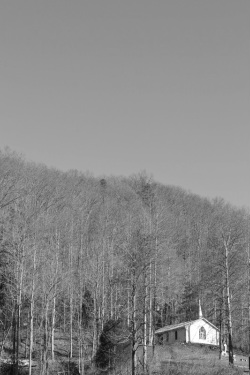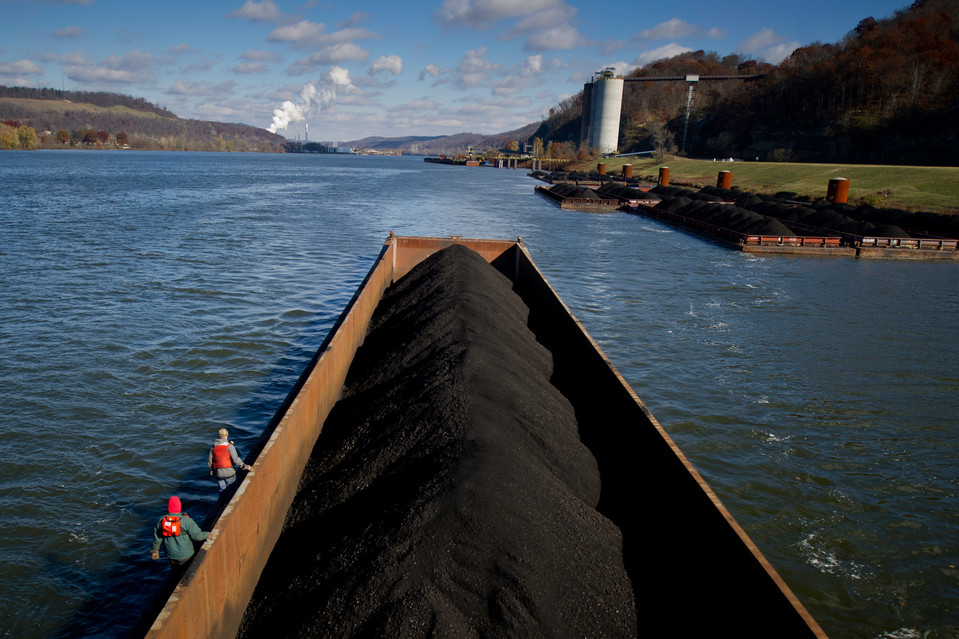Appalachia 2050 is an hour long documentary created by Prestonsburg, Kentucky, native Ralph Davis exploring possible solutions to the difficulties faced by many communities and towns in the Appalachian region, with a primary focus upon eastern Kentucky. Various individuals with ties to eastern Kentucky were interviewed, highlighting Davis' attempt to promote change within the region through the ideas of the people. For more details on the documentary, click here.


 RSS Feed
RSS Feed